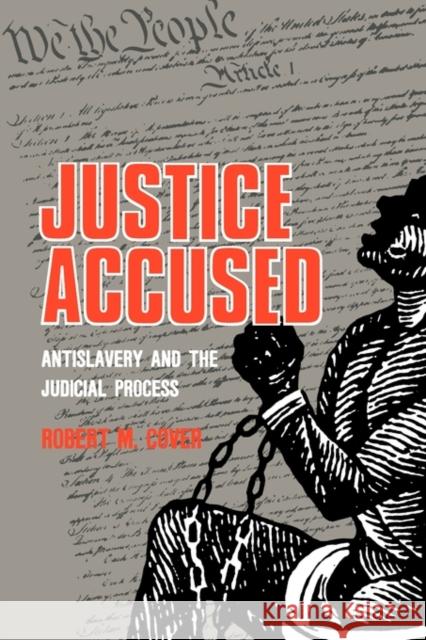Justice Accused » książka
Justice Accused
ISBN-13: 9780300032529 / Angielski / Miękka / 1984 / 322 str.
What should a judge do when he must hand down a ruling based on a law that he considers unjust or oppressive? This question is examined through a series of problems concerning unjust law that arose with respect to slavery in nineteenth-century America.
"Cover's book is splendid in many ways. His legal history and legal philosophy are both first class. . . . This is, for a change, an interdisciplinary work that is a credit to both disciplines."--Ronald Dworkin, Times Literary Supplement
"Scholars should be grateful to Cover for his often brilliant illumination of tensions created in judges by changing eighteenth- and nineteenth-century jurisprudential attitudes and legal standards. . . An exciting adventure in interdisciplinary history."--Harold M. Hyman, American Historical Review
"A most articulate, sophisticated, and learned defense of legal formalism. . . Deserves and needs to be widely read."--Don Roper, Journal of American History
"An excellent illustration of the way in which a burning moral issue relates to the American judicial process. The book thus has both historical value and a very immediate importance."--Edwards A. Stettner, Annals of the American Academy of Political and Social Science
"A really fine book, an important contribution to law and to history."--Louis H. Pollak











